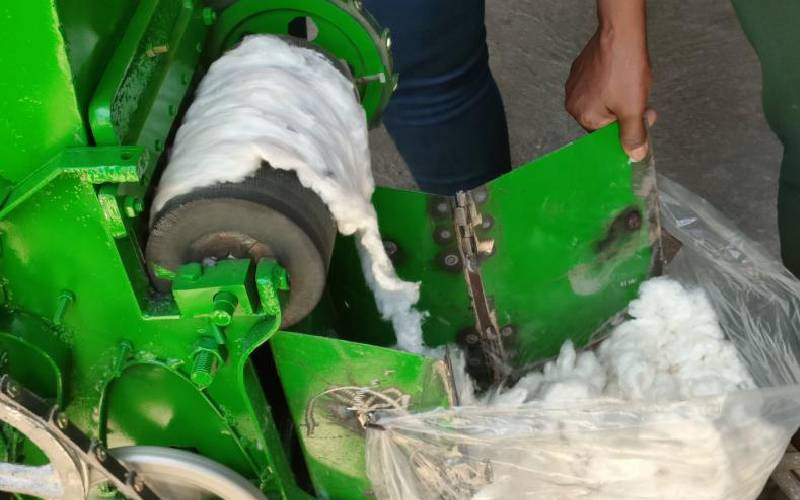NAIROBI: A proposal to impose excise duty on certain “harmful products” could open the floodgates for litigation, a tax expert has warned.
According to Lilian Kubebea, a tax director at Deloitte East Africa, the proposals made by Treasury Cabinet Secretary Henry Rotich earlier this month in his Budget speech could see some taxpayers lobby for consistency in the application of the law.
Mr Rotich proposed to impose excise duty on products such as alcoholic beverages, tobacco and tobacco substitutes, and sugar-sweetened beverages to compensate for the harmful effects caused by the production, supply, consumption or use of these goods.
He proposed a similar levy on environment-damaging plastic bags, polluting fossil fuels and older motor vehicles. The CS, though, exempted from excise duty “all other goods that have no harmful effects”.
DEMAND CONSISTENCY
However, neither the CS nor the Excise Duty Bill, 2015, which contains these proposals, is clear on what constitutes “no harmful effects”.
Ms Kubebea said this would make it difficult for policy makers to determine what is harmful or not.
“It is indeed possible that some taxpayers whose products are subject to excise duty will lobby and demand consistency that the tax be levied on a wider range of goods and services that may have similar effects,” said Kubebea.
For example, while the CS in his Budget Speech said “all bottled water will, upon enactment of this law (Excise Duty Bill, 2015), not be taxable”, a quick glance of the proposals reveals “waters and other non-alcoholic beverages” will attract an excise duty of Sh10 per litre. Food supplements will attract 10 per cent duty.
While the Bill might have contemplated a distinction between “bottled water” and “waters”, this may be complicated by Rotich’s speech, where he said: “... all other goods that have no harmful effects, hereto taxable under the Customs and Excise Act, will not be taxable under the new law.”
Negative externality is not the only criteria used in charging excise, noted Kubebea.
“A policy of penalising one type of behaviour and leaving another not harassed by excise taxation will obviously be viewed as unfair,” she said.
The tax director noted that the Government needs to go beyond the use of excise duty to resolve societal problems, such as environmental degradation.
“For example, excise duty on products like plastic bags without policies and regulations on environmental management and sensitisation of the public, may not achieve the desired effect of reducing production, consumption and supply.”
 The Standard Group Plc is a multi-media organization with investments in media
platforms spanning newspaper print operations, television, radio broadcasting,
digital and online services. The Standard Group is recognized as a leading
multi-media house in Kenya with a key influence in matters of national and
international interest.
The Standard Group Plc is a multi-media organization with investments in media
platforms spanning newspaper print operations, television, radio broadcasting,
digital and online services. The Standard Group is recognized as a leading
multi-media house in Kenya with a key influence in matters of national and
international interest.
 The Standard Group Plc is a multi-media organization with investments in media
platforms spanning newspaper print operations, television, radio broadcasting,
digital and online services. The Standard Group is recognized as a leading
multi-media house in Kenya with a key influence in matters of national and
international interest.
The Standard Group Plc is a multi-media organization with investments in media
platforms spanning newspaper print operations, television, radio broadcasting,
digital and online services. The Standard Group is recognized as a leading
multi-media house in Kenya with a key influence in matters of national and
international interest.









